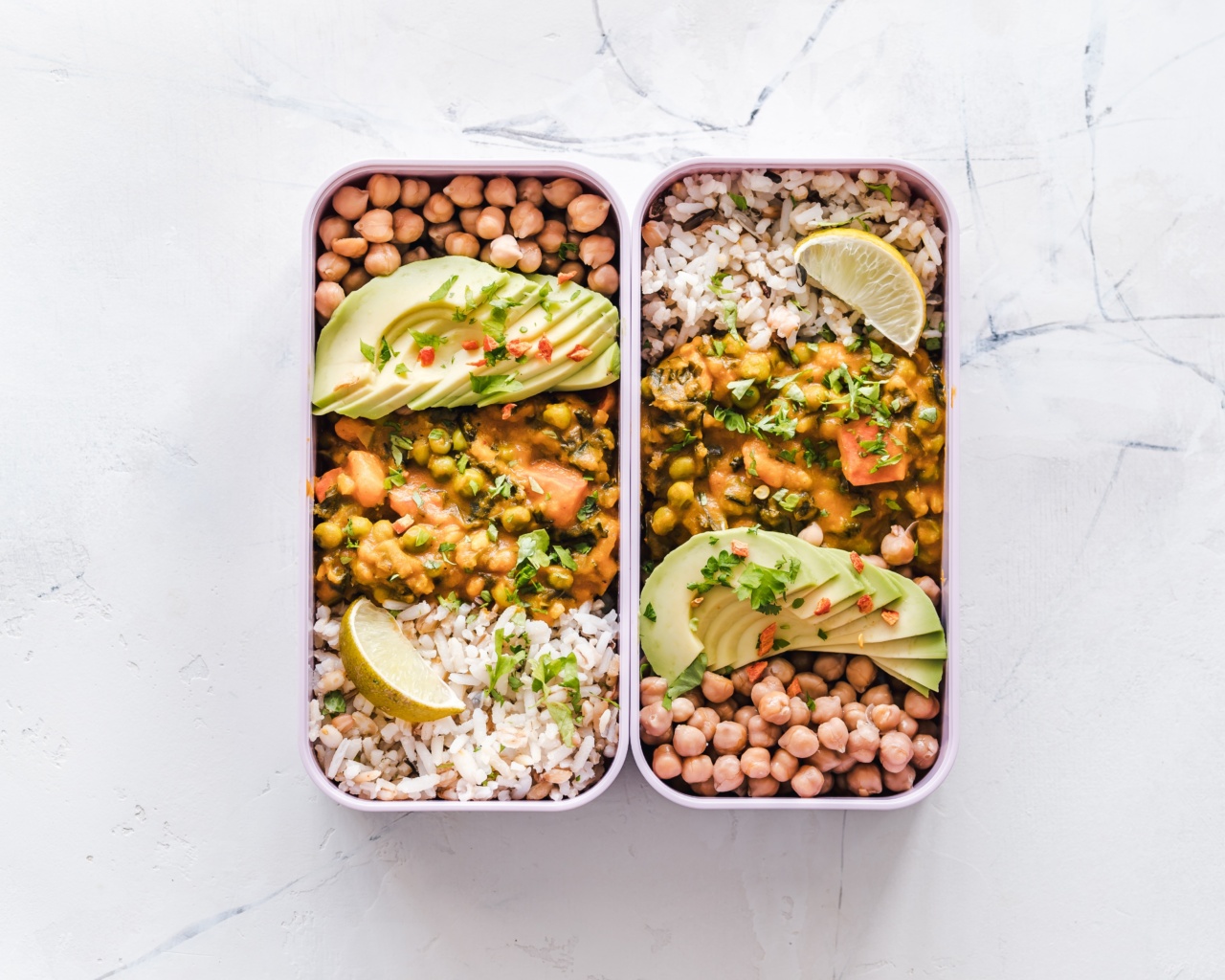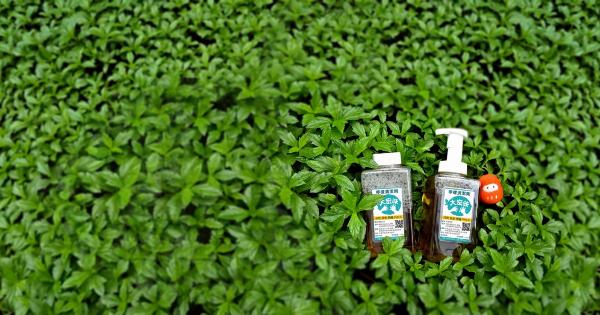Electrolytes are essential minerals that play a crucial role in maintaining the balance of fluids in our bodies. They help regulate nerve and muscle function, control our body’s pH levels, and support proper hydration.
When we sweat or engage in intense physical activity, we lose electrolytes through our sweat, which can lead to dehydration and imbalances in our body’s electrolyte levels.
While sports drinks and electrolyte supplements are commonly used to replenish electrolytes, there are also many natural food sources that can provide these essential minerals.
In this article, we will explore the top six foods that can help replenish your electrolytes and keep your body functioning optimally.
1. Bananas
Known for their high potassium content, bananas are an excellent choice for replenishing electrolytes. Potassium is an essential electrolyte that helps regulate fluid balance, nerve function, and muscle contractions.
Consuming a banana post-workout can aid in muscle recovery and prevent muscle cramps.
 .
.
2. Coconut Water
Coconut water is a refreshing and natural source of electrolytes. It is rich in potassium, calcium, and magnesium, making it an ideal choice for rehydration after physical activity.
Unlike many sports drinks, coconut water is not loaded with added sugars and artificial ingredients, making it a healthier option.
 .
.
3. Spinach
Dark leafy greens like spinach are packed with vital electrolytes, including magnesium, calcium, and potassium. Spinach is also an excellent source of vitamins and antioxidants, providing additional health benefits.
Including spinach in your diet can help replenish electrolytes while supporting overall health and well-being.
 .
.
4. Avocado
Avocado is not only delicious but also an excellent source of electrolytes. It contains potassium, magnesium, and other essential minerals necessary for maintaining proper fluid balance and supporting nerve and muscle function.
Adding avocado to your salads, smoothies, or sandwiches can be a tasty way to replenish electrolytes.
 .
.
5. Oranges
Oranges are not only refreshing but also a great source of electrolytes, especially potassium. They are also rich in vitamin C, which supports immune function and acts as an antioxidant.
Snacking on oranges or drinking freshly squeezed orange juice can help replenish electrolytes and boost your overall health.
 .
.
6. Greek Yogurt
Greek yogurt is a protein-packed and electrolyte-rich food option. It is an excellent source of calcium and contains smaller amounts of potassium and magnesium.
Enjoying a serving of Greek yogurt after your workout or as a snack can help replenish electrolytes, promote muscle recovery, and support bone health.
 .
.
While these foods are effective in replenishing electrolytes, it’s important to note that individual nutritional needs may vary.
It’s always a good idea to consult with a healthcare professional or a registered dietitian to determine the best dietary approach for your specific needs.
Conclusion
Proper replenishment of electrolytes is crucial for maintaining optimal health and performance, particularly during periods of intense physical activity or high temperatures.
Incorporating these top six electrolyte-rich foods into your diet can help ensure you maintain a healthy balance of essential minerals. Remember to hydrate properly, especially after sweating or engaging in strenuous exercise, and consider these natural food sources as an alternative to sports drinks or supplements.






























